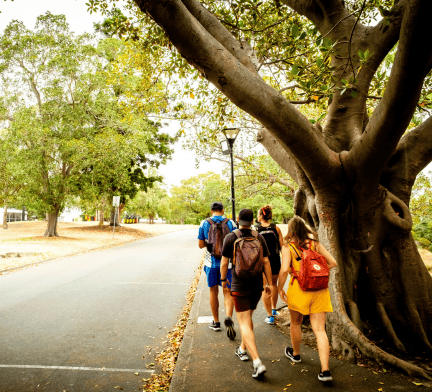“Can I accept more than one college admission offer?”
You may find yourself asking that question as the deadline to deposit approaches. In the higher education world, this is known as double depositing. Double depositing means putting down a deposit, and thus accepting admission, at more than one college. Since a student can’t attend multiple colleges, it is considered unethical. Why might students and families do this, considering that it would mean forfeiting one deposit? The main reasons are:
- To buy time to decide on a college when the student has been accepted by more than one. The usual decision deadline is May 1; by double depositing, a student can delay deciding until fall.
- To continue negotiating financial aid offers with more than one college past the May 1 decision deadline.
- Because the student is on a waitlist at one college and wants to ensure enrollment somewhere in case of being turned down. This scenario is the only one in which NACAC considers double depositing acceptable.
Why is double depositing unethical?
- It’s deceitful. Students know they can only attend one college, so they are essentially lying when they notify more than one that they intend to enroll.
- It’s unfair to the college. If the practice continues, colleges may find they can’t predict the size of the incoming class with any accuracy. They may take actions such as enlarging the waitlist or increasing deposit amounts (both of which will impact future applicants).
- It’s unfair to other applicants. The double depositor is taking up a spot that could go to another student, who will instead be put on a waitlist or turned down.
Colleges and universities do check, and they do and will rescind admissions offers if they get wind of double depositing. This year, with waitlists larger than ever at some schools, I expect they will be looking more closely at double depositing issues and the risk of having an offer rescinded will rise accordingly.
When you double deposit at a college, you are, of course, holding a spot that could go to a waitlisted student. You are also adding to problems for next year’s applicants. One of the reasons that waitlists have become so large this year is that colleges can no longer make accurate predictions about who will be there on the first day. So, double depositing may ultimately lead to even larger waitlists.
If you, or your child, honestly need more time, call the schools in question and explain the situation and ask for an extension of a week or so. They may grant it, and it would be far preferable to the ethical question and risk of double depositing.












